Syria’s newly appointed foreign minister, Asaad Hassan al-Shibani, has urged Kuwait to reopen its embassy in Damascus and resume relations with Syria
Syria’s New Foreign Minister Calls on Kuwait to Resume Diplomatic Relations and Reopen Embassy in Damascus
In a significant diplomatic move, Syria’s newly appointed Foreign Minister, Asaad Hassan al-Shibani, has urged Kuwait to reopen its embassy in Damascus and restore full diplomatic relations with Syria. This call comes at a critical juncture in Syria’s ongoing efforts to re-establish ties with the broader Arab world, following years of isolation due to the civil war and the resulting geopolitical fallout. Al-Shibani’s plea signals Syria’s desire to reintegrate into regional politics and underscores the shifting dynamics in the Middle East as countries reconsider their positions on the Syrian government.
A New Era in Syrian Diplomacy
Asaad Hassan al-Shibani’s appointment as Syria’s foreign minister in late 2024 is part of President Bashar al-Assad’s broader strategy to rebuild Syria’s foreign relations after years of diplomatic and economic isolation. The civil war, which began in 2011, devastated Syria and led many Arab nations, including Kuwait, to sever diplomatic ties with the Assad regime. However, in recent years, there has been a gradual thaw in Syria’s relations with some Arab nations, as the country makes strides in stabilizing key regions and reasserting control over its territory.
Kuwait, one of the countries that severed relations with Syria following the onset of the civil war, has been a prominent player in the Gulf Cooperation Council (GCC). The decision to reopen the Kuwaiti embassy in Damascus would be a symbolic and strategic step, signaling a shift in the region’s stance on Syria. Al-Shibani’s appeal to Kuwait highlights Syria’s growing focus on rekindling ties with its neighbors and regaining a foothold in the Arab diplomatic fold.
Why Reopening the Kuwaiti Embassy Matters
Kuwait’s embassy in Damascus, like many others, was closed in 2012 due to the escalating violence in Syria and the Gulf states’ opposition to Assad’s regime. Over the years, Syria has lost much of its diplomatic presence in the Arab world, leading to strained relations with countries in the GCC. However, with the war entering its final stages and the Assad regime now in control of most of the country, Syria is eager to re-establish these connections and bolster its international legitimacy.
The reopening of the Kuwaiti embassy in Damascus would carry both symbolic and practical significance. On the symbolic front, it would demonstrate Kuwait’s willingness to engage with Syria again, despite the complex history of the civil war. It would also signal a shift in the broader Arab position toward Syria, potentially prompting other Arab nations to follow suit in normalizing relations.
Practically, the reopening of the embassy could pave the way for deeper economic and diplomatic cooperation between Syria and Kuwait, which has maintained strong economic ties within the region. It could also facilitate discussions on security and regional stability, as both countries have common concerns about issues such as terrorism, refugees, and regional influence.
The Shifting Dynamics of Middle Eastern Diplomacy
The call from Syria’s new foreign minister reflects a broader trend of shifting alliances and diplomatic recalibration in the Middle East. As the war in Syria winds down, several Arab nations, including the United Arab Emirates (UAE), Bahrain, and others, have already taken steps toward normalizing ties with Damascus. This change in approach is largely driven by the desire to restore regional stability, address security concerns, and engage with Syria on issues such as counterterrorism and the return of refugees.
Kuwait, however, has been more cautious compared to some of its Gulf neighbors. The country has maintained a careful distance from the Assad regime, in part due to its concerns about Syria’s alignment with Iran and its role in regional geopolitics. The prospect of reopening the Kuwaiti embassy would likely be a carefully considered decision, weighing both the benefits of re-engagement with Syria and the potential ramifications for Kuwait’s broader foreign policy objectives.
Syria’s Diplomatic Re-engagement Strategy
Syria’s re-engagement with its Arab neighbors, including Kuwait, is part of a broader strategy to reassert its role in the Arab League and international diplomacy. Since the early days of the civil war, Syria has faced intense diplomatic isolation, particularly from Arab nations that backed opposition groups fighting against the Assad regime. However, with the war largely over and Assad’s position consolidated, Syria is eager to mend its relationships with the Arab world, which was once a key pillar of its foreign policy.
The Syrian government has been actively seeking to restore its membership in the Arab League, a move that would further signal its reintegration into the regional order. Syria’s return to the Arab League, which suspended the country’s membership in 2011, remains a long-term objective, and diplomatic gestures such as the one directed at Kuwait are part of this broader effort.
In recent years, Syria has also been working to strengthen its ties with countries like Russia and Iran, which have provided significant military and political support during the conflict. These relationships have helped Syria maintain its influence on the international stage, but the government understands that regaining support from its Arab neighbors is essential for its long-term stability and prosperity.
Potential Implications for Regional Stability
The potential reopening of Kuwait’s embassy in Damascus and the resumption of diplomatic relations could have broader implications for regional stability. Syria’s reintegration into the Arab world could help ease some of the tensions that have plagued the Middle East for over a decade. Stronger relations between Syria and its neighbors might help reduce the influence of external powers, particularly those involved in the conflict, such as the United States and Turkey.
Moreover, the return of diplomatic ties could help address the lingering refugee crisis in the region. Millions of Syrians have fled the country over the course of the war, and many Arab countries have hosted significant numbers of refugees. A more stable and diplomatically engaged Syria could provide a path for the safe return of these displaced people, easing the burden on host nations and helping to restore Syria’s economy.
What’s Next for Syria-Kuwait Relations?
Kuwait’s response to Syria’s appeal will be closely watched by other Arab nations, as it could set a precedent for further normalization efforts. While Kuwait has not yet made any formal announcements, it is likely that the decision will be influenced by the evolving diplomatic climate and the country’s strategic interests.
For Syria, the reopening of the Kuwaiti embassy would be an important step toward re-establishing its role in regional diplomacy. As al-Shibani’s call demonstrates, Syria is actively seeking to rebuild its relations with the Arab world and regain its place within the broader Arab community.
In conclusion, Syria’s plea for Kuwait to reopen its embassy is a key moment in the country’s post-war diplomatic efforts. While the road to full regional reintegration remains complex, the call reflects Syria’s desire to restore its standing in the Arab world and engage in a new phase of cooperation with its neighbors. As the Middle East continues to evolve, Syria’s foreign policy will play a crucial role in shaping the region’s future diplomatic landscape.
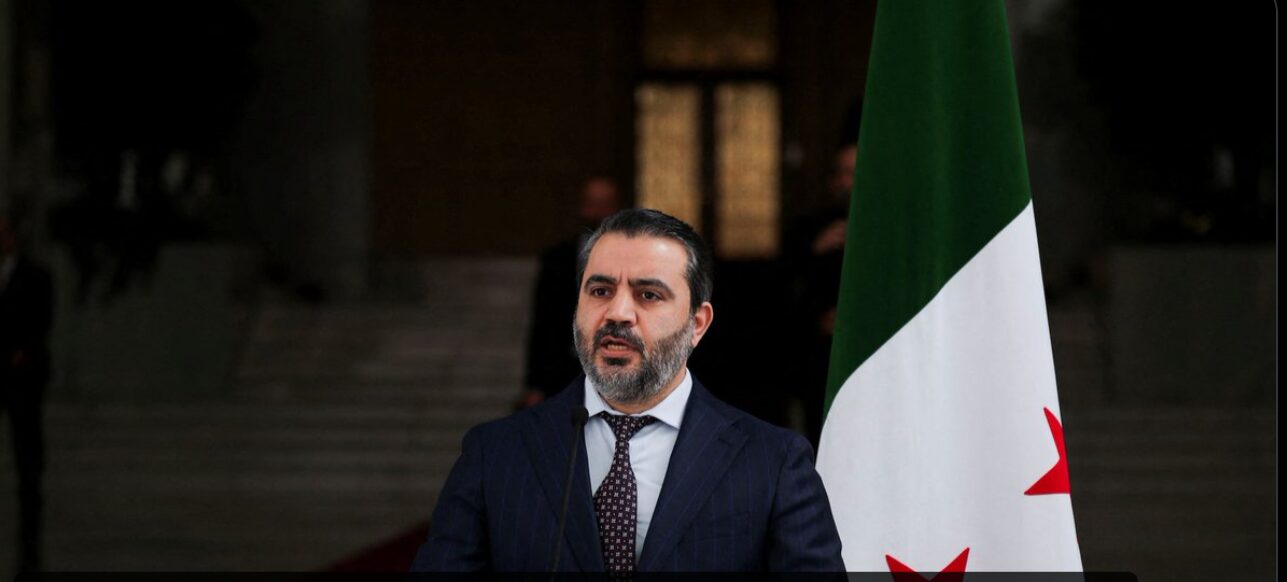
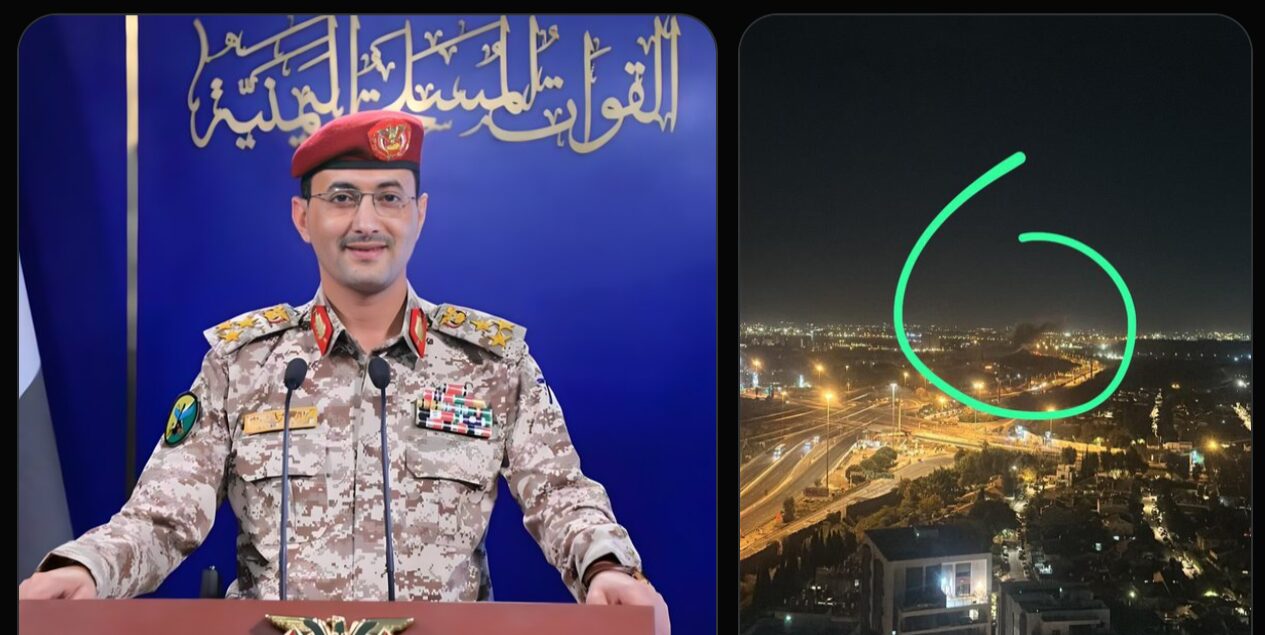
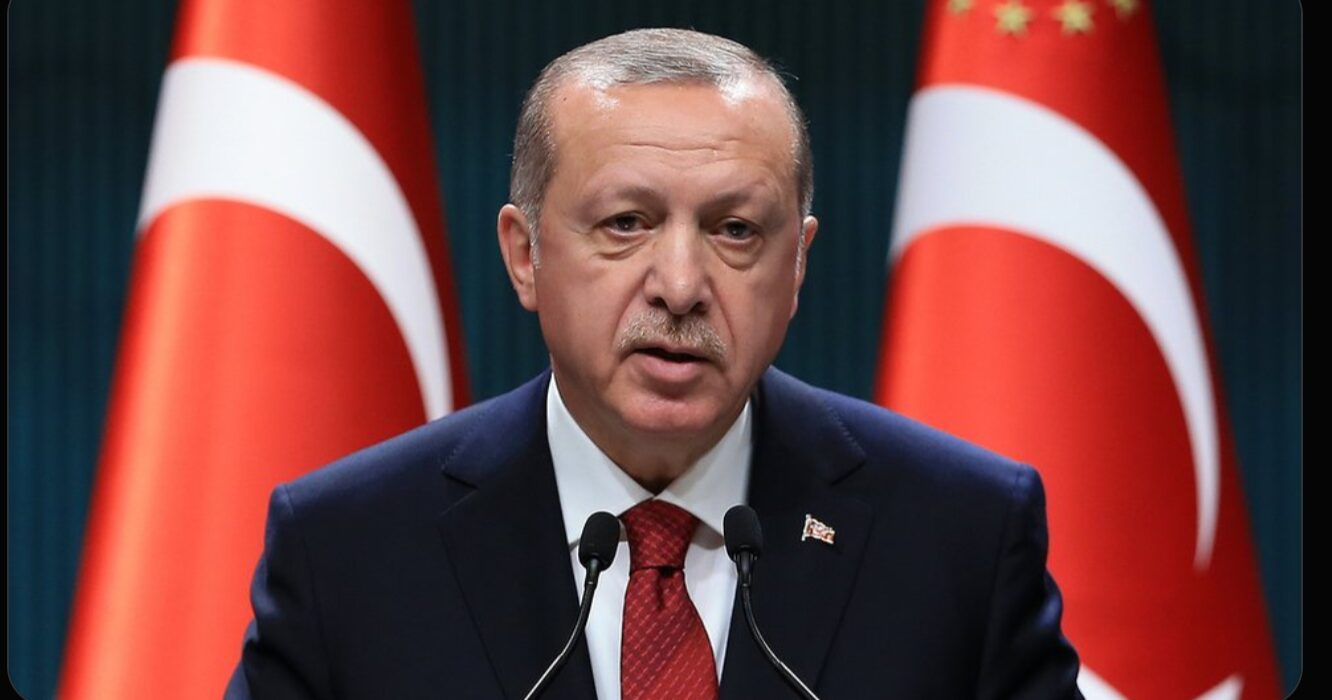
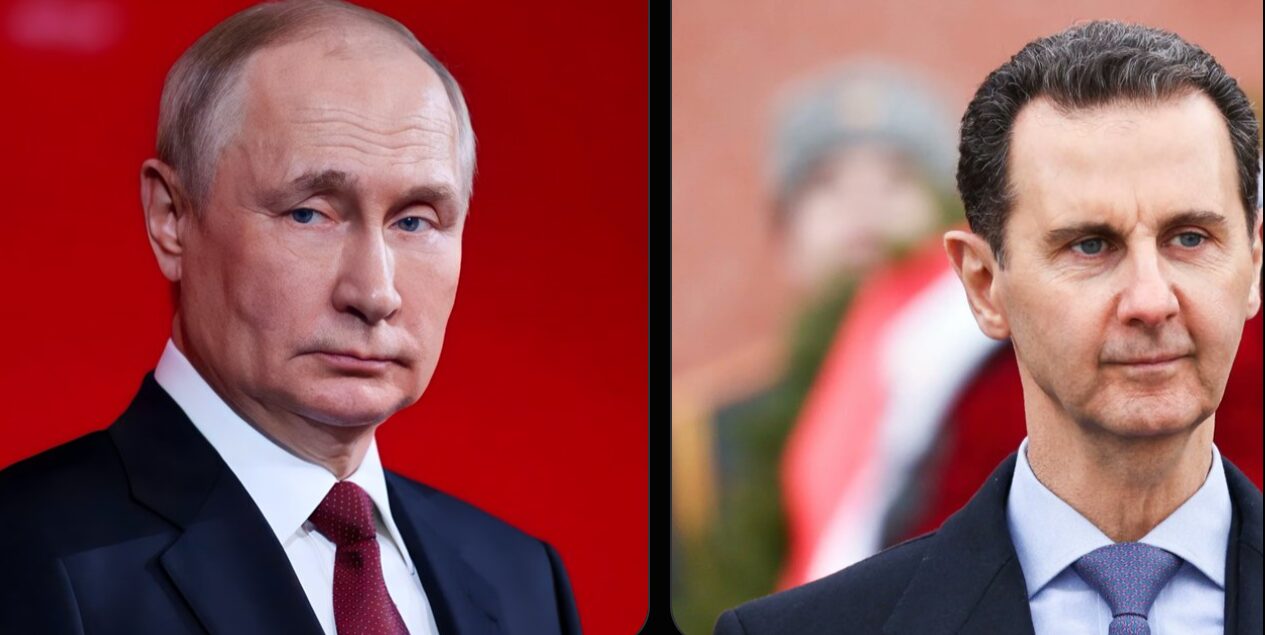
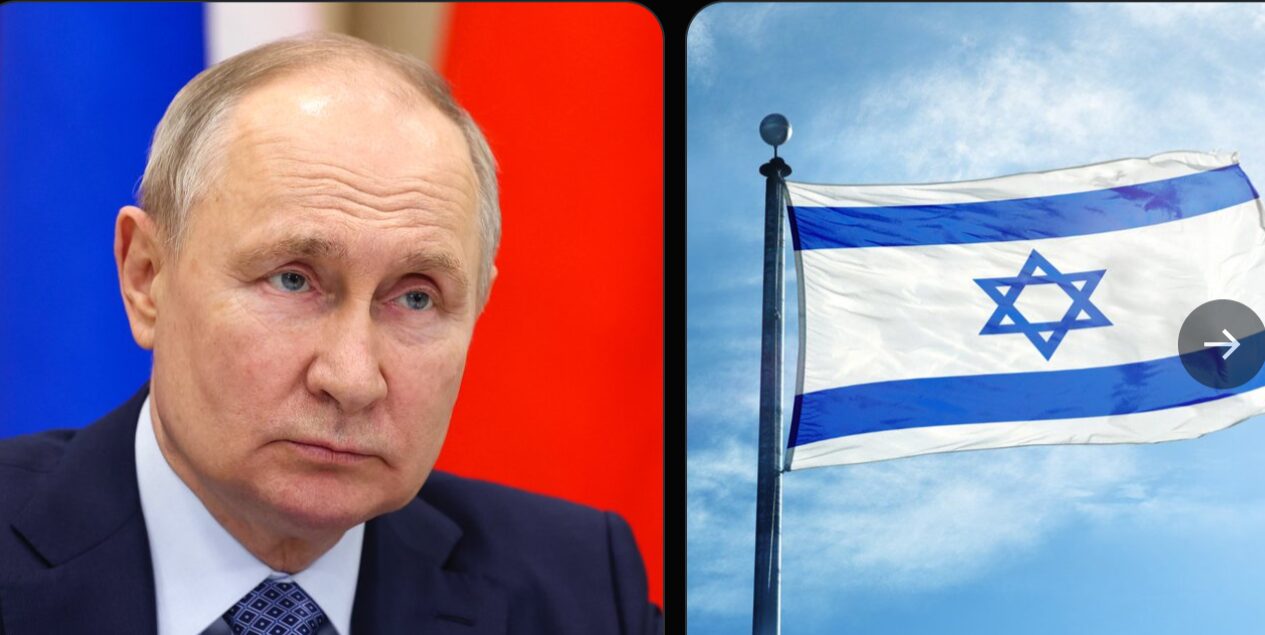












Post Comment